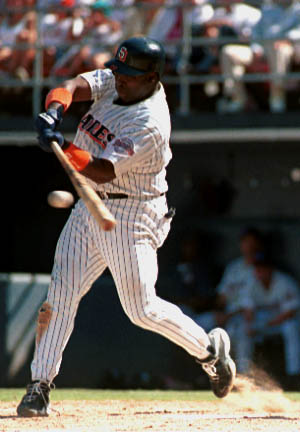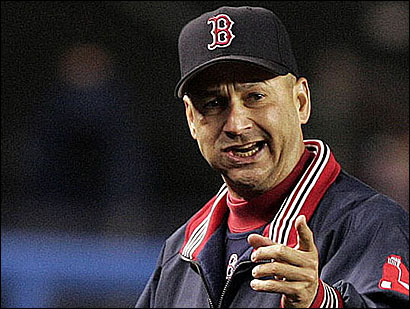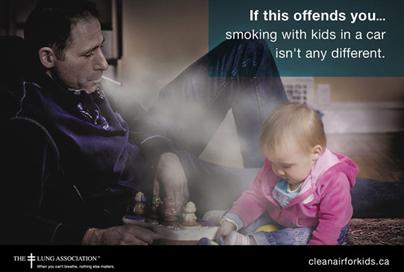Updated: Baseball Hall of Famer Tony Gwynn Blames Smokeless Tobacco for Oral Cancer
Posted onTony Gwynn is recovering after surgery and hopes to resume his coaching duties at San Diego State soon.
Surgery to remove a cancerous tumor from Tony Gwynn’s cheek was declared a success on Wednesday and the question for Thursday, especially with his San Diego State team set to open its season without its coach, is when will that signature smile return to the Aztecs’ dugout?
Gwynn, 51, underwent the surgery at the University of California-San Diego’s Thornton Hospital and his doctors released a statement that they believed the cancer had not spread. The tumor represented a recurrence of a cancer that was initially operated on in August 2010. This time, doctors said that to go deep enough, they would have to remove Gwynn’s facial nerve and replace it with another from his body, which meant it could take up to 18 months for Gwynn’s face to regain full function. He is hopeful, however, of returning to work in about a month.
After his surgery, Gwynn told Tom Friend of ESPN.com that he is ahead of schedule already. “Last time, I couldn’t lift my eye or close my mouth,” he said. “This time, my eye can close, my mouth can close. I feel good. I’m talking better than I did last time.”

San Diego Padres’ Tony Gwynn
Tony Gwynn had 3,141 base hits and a .338 career batting average over his 20-year career with the Padres.
Tony Gwynn, the Hall of Fame outfielder who 18 months ago blamed smokeless tobacco for a malignant growth inside his right cheek, was in his 13th hour of surgery Tuesday evening to remove a new cancerous tumor in the same spot.
According to Gwynn’s wife, Alicia, doctors do not believe the cancer has spread outside of Gwynn’s salivary gland. But she expects to know more after Tuesday’s intricate surgery, in which she said five doctors would likely perform a nerve graft to preserve Gwynn’s facial functions. The operation began at approximately 9:15 a.m. PT, and, as of 11 p.m. PT, the 51-year-old Gwynn was still in the operating room.
Tony told them to take [the malignant tumor] all out,” Alicia Gwynn said Tuesday morning. “They said they may need to remove the facial nerve — they might have to go a lot deeper. But he just told them to take it out. And if they do remove the facial nerve, they’ll replace it with a nerve from his shoulder or his leg.
Please don’t use smokeless tobacco and if you do QUIT.



